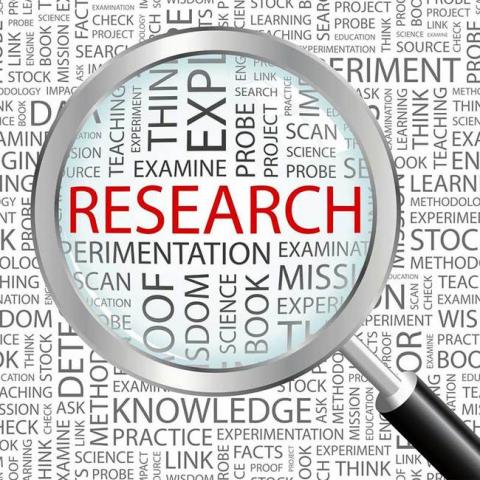Developing Future English Language Teachers’ Professional Competence Through Independent Study
Keywords:
English language teachers, professional competence, independent study, self-directed learning, professional development, technology-facilitated learning, online courses, virtual communities, pedagogical knowledge, classroom management, language proficiency, teacher motivation, resource quality, institutional support, continuous professional development, online collaboration, self-regulation, ELT textbooks, teacher autonomy, digital age education.Abstract
The professional competence of English language teachers is critical for effective teaching and improved student outcomes. Independent study, encompassing self-directed learning activities such as online courses, professional reading, and virtual communities, offers a flexible approach to professional development (PD). This systematic literature review examines how independent study contributes to the professional competence of future English language teachers, focusing on its effectiveness, challenges, and practical recommendations. Findings suggest that independent study enables personalized learning and skill enhancement, particularly through technology-facilitated platforms, but its success depends on teacher motivation, resource quality, and institutional support. Recommendations include curating high-quality resources, fostering online collaboration, and integrating independent study with formal PD programs. This review provides insights for educators, policymakers, and researchers aiming to enhance teacher development in the digital age.
References
Borg, S. (2015). Teacher cognition and language education: Research and practice. Bloomsbury Publishing.
Burns, A., & Richards, J. C. (Eds.). (2018). The Cambridge guide to learning English as a second language. Cambridge University Press.
Farrell, T. S. C. (2019). Reflective practice in ELT. Equinox Publishing.
Freeman, D. (2016). Educating second language teachers. Oxford University Press.
Johnson, K. E. (2018). Understanding language teaching: From method to postmethod. Routledge.
Richards, J. C., & Farrell, T. S. C. (2011). Practice teaching: A reflective approach. Cambridge University Press.
Tsui, A. B. M. (2015). Understanding expertise in teaching: Case studies of second language teachers. Cambridge University Press.
Wyatt, M., & Dikilitaş, K. (2021). English language teachers’ professional development through online communities of practice: A case study. System, 99, 102520. https://doi.org/10.1016/j.system.2021.102520
Zare-ee, A., & Hejazi, S. Y. (2017). Teachers’ professional development in Iran: Issues and prospects. Journal of Language Teaching and Research, 8(2), 252-260. http://dx.doi.org/10.17507/jltr.0802.07
Kennedy, M. M. (2016). How does professional development improve teaching? Review of Educational Research, 86(4), 945-980. https://doi.org/10.3102/0034654315626800
Darling-Hammond, L., Hyler, M. E., & Gardner, M. (2017). Effective teacher professional development. Learning Policy Institute. https://learningpolicyinstitute.org/product/effective-teacher-professional-development-report
Guskey, T. R. (2019). Professional development and teacher change. Teachers and Teaching, 8(3), 381-391. https://doi.org/10.1080/135406002100000512
Mann, S., & Walsh, S. (2017). Reflective practice in English language teaching: Research-based principles and practices. Routledge.
Craft, A. (2020). Professional development for English language teachers: Online and blended learning approaches. ELT Journal, 74(3), 297-306. https://doi.org/10.1093/elt/ccaa024
Gao, X., & Benson, P. (2019). Autonomous language learning in the digital age: A case study of Chinese EFL teachers. Language Teaching Research, 23(4), 496-515. https://doi.org/10.1177/1362168818773871





